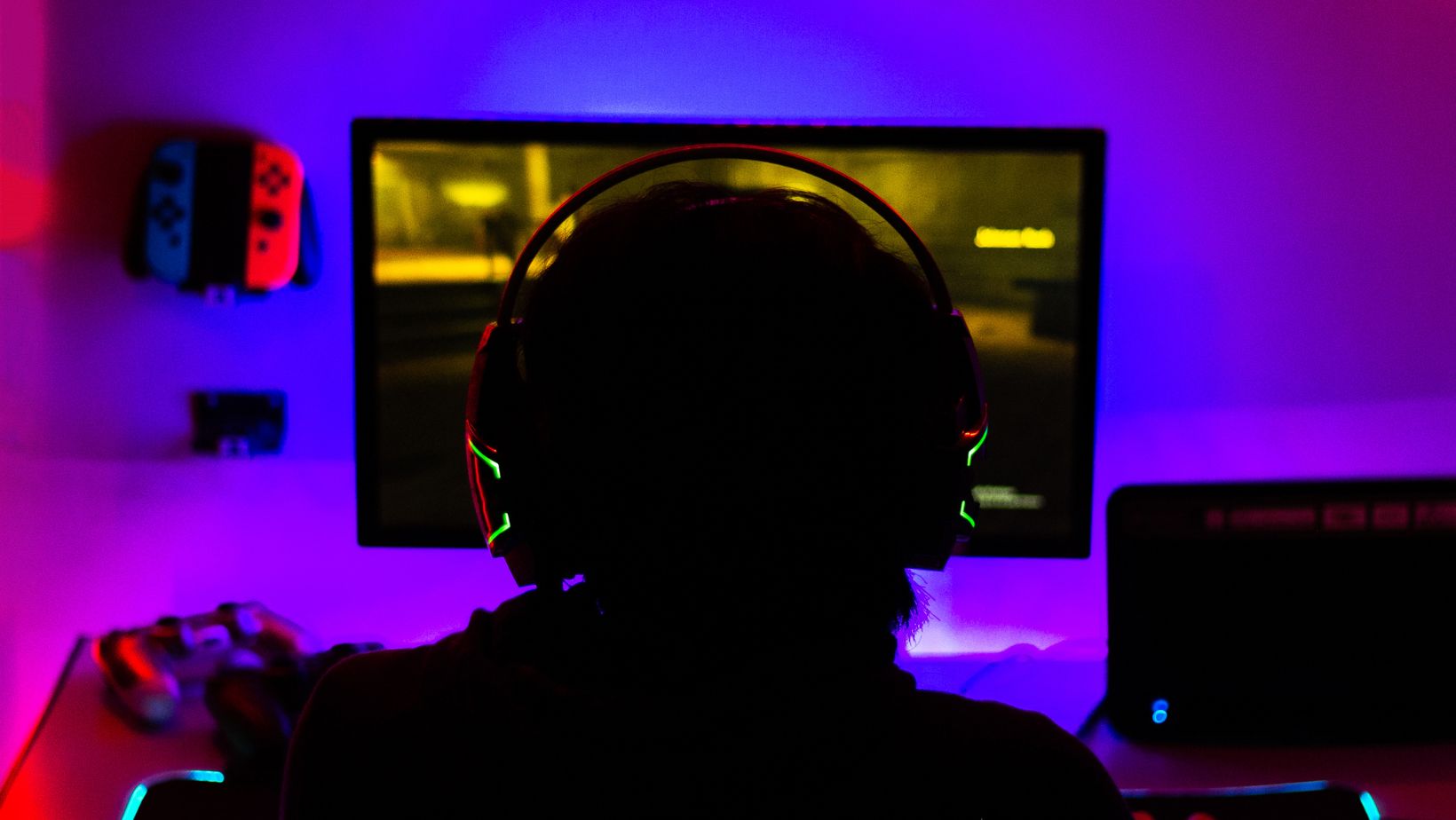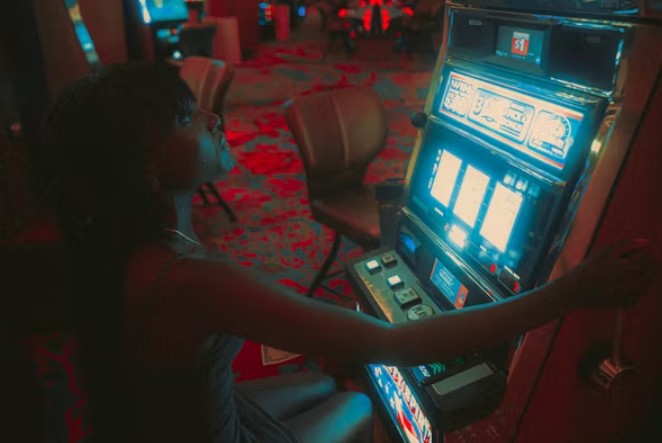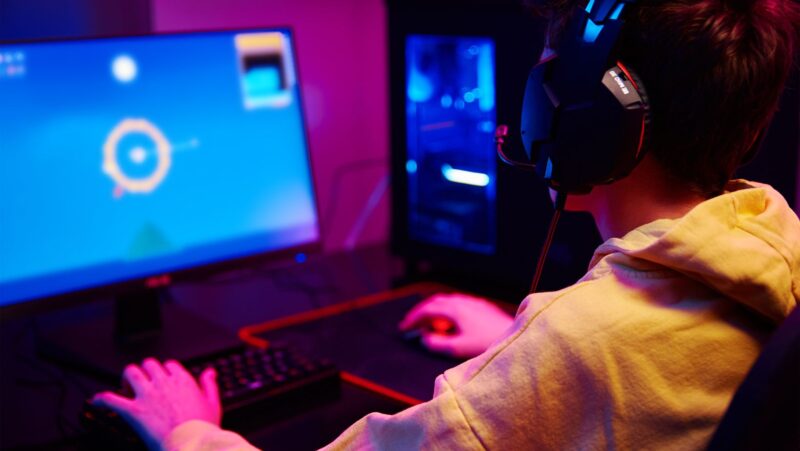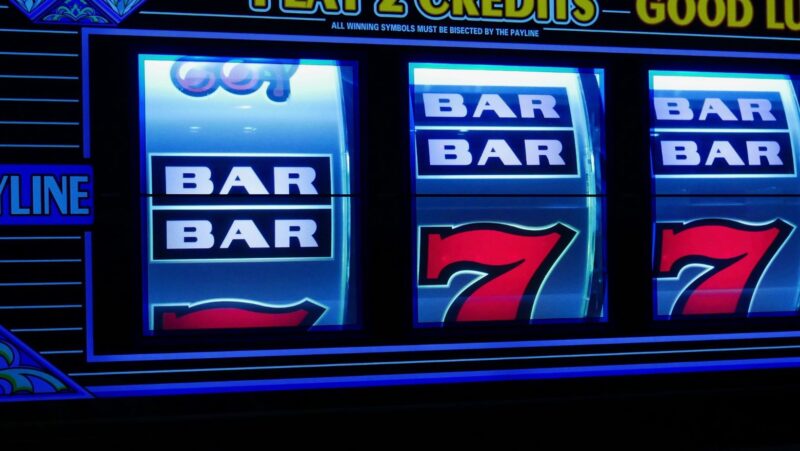The Future Of Gaming: Story Generator As A Tool For Unique Experiences

Gaming has always been more than just entertainment. We worried about the heroes, rejoiced at their victories, and were sad after the defeats. But you must admit, the plot often turned out to be familiar and predictable. The question begs itself: what if the story in the game could change every time? Today, this is made possible by plot generators.
Storytelling AI and a new look at games
You’ve probably heard the term storytelling AI. It hides systems that create unique narratives right during the game. Not pre-written scenarios, but live stories that form around your decisions. Doesn’t that sound great? Imagine that each of your choices affects not only the ending, but also the entire game path.
How the plot developed in the games
Everything used to be simple. The developers wrote a linear script, and we went through it step by step. Do you remember classic RPGs or shooters with a fixed story? They gave emotions, but were deprived of freedom. Later, non-linear projects appeared. Mass Effect or The Witcher allowed you to choose dialogue options and change the ending. But even there, the number of outcomes was limited.
And now we are on the verge of revolution. Game stories will no longer be the same. Each player will become a co-author.
What is a plot generator?
Story Generator is a tool that uses AI to build dynamic scenarios. Unlike procedural generation, where only the map or the location of objects changes, the logic of the story itself changes here. Dialogues, quests, and character actions can all be created on the go.
There are already the first examples. AI Dungeon offered players freedom in fantasy worlds. Enthusiasts are adding plug-ins to Skyrim and Minecraft so that NPCs can communicate in a live language.
Why is this important for game design?
Let’s look at the advantages.
- Personalization. Each player gets their own storyline. Your friend has completed the game, but his story will be different.
- Infinity. You can play as much as you want, and the adventures will not end.
- The reactive world. The characters remember your actions and react to them.
- Saving resources. Developers spend less time on routine and focus on balance and visualization.
You must admit that this changes the very philosophy of creating games. Now the players are not just participants, but real collaborators.
Examples of application in genres
In role-playing games, Story Generators open up new horizons. Quests will no longer be repeated. You save the village, and an hour later, you find out that the residents are discussing your feat.
In survival and sandbox projects, generators create a context for each event. For example, a storm destroyed the camp, and the NPCs tell the legend of your heroism.
In MMO, the possibilities are even wider. The stories of entire guilds will be shaped by the actions of real players.
And for indie developers, this is a chance to compete with major studios. After all, you can now create a rich storyline without a huge budget.
Which difficulties exist
Of course, it’s not that simple. We must consider the risks.
- The quality of the text. Sometimes the AI writes illogically, and the story loses its meaning.
- Ethical issues. Not all content is suitable for players of different ages.
- Balance of control. Developers are afraid of losing the author’s idea.
- Technical barriers. Creating dynamic stories requires a lot of resources.
The gaming industry has always faced challenges. But, as we know, they are the ones who move technology forward.
The future is near
Where is the industry heading? Many predict that plot generators will become the standard in the coming years. In AAA projects, they will be used for dialogues and side stories. Screenwriters won’t disappear, but their role will change. They will become the architects of narrative systems.
Or maybe a new genre will appear, where the very essence of the game is co-creation with AI. And we will not be talking about the passage of the plot, but about the joint creation of the world.
What does this mean for the players?
Think about it: have you ever wanted to rewrite the ending of your favorite game? Now it will become a reality. You will not only be able to complete the quest, but also influence how it will be written. Every decision you make will become part of a new legend.
Games will stop being repetitive. You will discover unique stories, and sharing them with your friends will become even more interesting.
What does this mean for developers?
For game creators, Story Generators is an opportunity to reduce costs and expand the product at the same time. Small teams will be able to produce world-class projects. And large studios will be able to offer players unique emotions.
Yes, there are risks. But those who learn how to manage this technology will be industry leaders.
Result
Plot generators are not just a fashion trend. This is a step into the future where every player becomes an author. Where stories are born in real time. Where artificial intelligence does not work instead of people, but together with them.
The developers have already started experimenting. Players are ready for new formats. This means that we have a whole era of lively, endless stories ahead of us.
So, the answer to the main question is: Will Story Generators change the world of games? Yes, and this process has already begun. There is only one thing left – to try it yourself and experience the magic of an interactive future.







